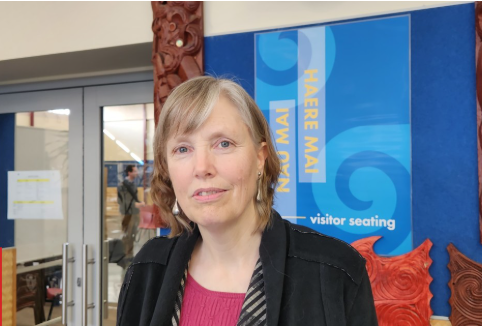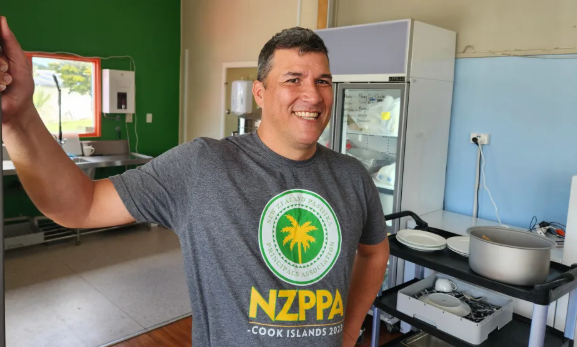
Two Porirua schools are bracing for significant changes to their lunch programmes as government funding is set to drop in 2025. Principals say they will use school funds to cover the shortfall but warn that the cuts will impact both the quality and variety of food offered to students.
Starting next year, schools preparing their own lunches will receive $4 per student daily, while those using government suppliers will receive $3. This marks a substantial reduction for schools like Porirua College, which currently allocates over $8 per student.
Principal Ragne Maxwell of Porirua College says the change will drastically alter what students receive. “Instead of a balanced meal with options like butter chicken and yoghurt, students will now get a sandwich in a paper bag with fruit available separately. It’s a big shift,” she says. Maxwell adds that the cuts will disproportionately affect students from low-income households, where school meals often fill critical nutritional gaps.
Despite the challenges, Maxwell affirms the school’s commitment to the programme, citing its benefits for student wellbeing and attendance.


Similarly, Tairangi School Principal Jason Ataera says the funding reduction leaves a $66,000 gap in their budget. The school is exploring ways to cut costs but admits sacrifices are inevitable. “We’re looking at providing lower-quality food to ensure every child gets a meal. Dairy products, already limited, are likely to disappear entirely,” he says. Ataera highlights the in-house model’s efficiency in reducing food waste and its educational benefits, making it worth preserving despite the hurdles.
The funding model change follows a government decision to unify lunch schemes for Years 0–6 and older students, a move that has disrupted existing supplier contracts. While a government evaluation report, expected in early December, reportedly demonstrates the scheme’s profound benefits, its findings were not prioritised in recent policy planning.
Both principals stress the importance of the lunch programme in addressing child poverty and fostering equity, urging the government to reconsider funding cuts that could jeopardize these gains.


















